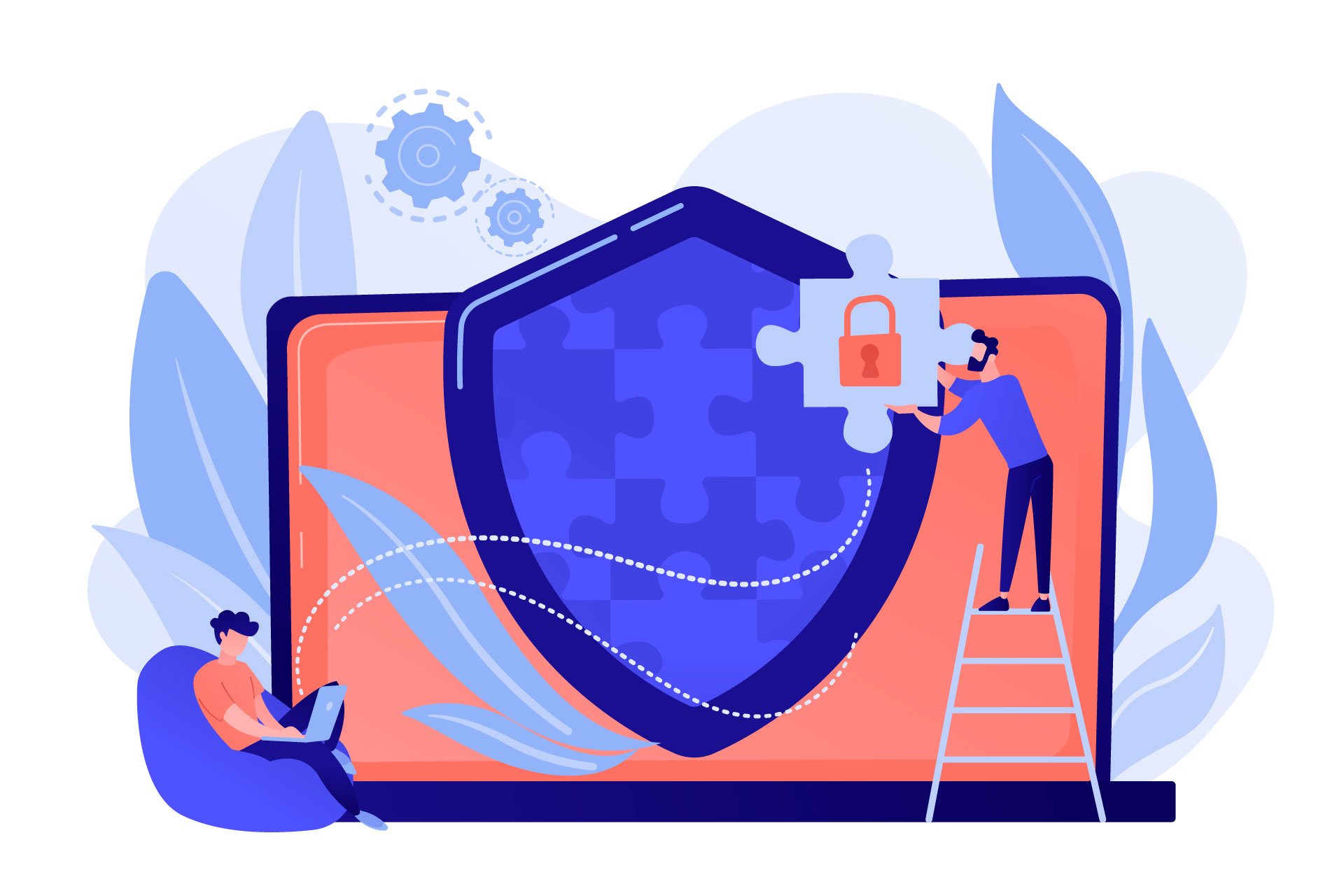
Ransomware is a malicious software that can lock you out of your computer, encrypt your files, and demand payment to regain access. It is a type of malware that has become increasingly common in recent years, with high-profile attacks like Petya variants or WannaCry causing widespread disruption and financial loss. Ransomware is different from other types of malware because it is specifically designed to extort money from victims.
The most recent attacks have been much more sophisticated than typical malware. They take advantage of leaked exploits, using strong encryption and a modular architecture to spread rapidly and evade detection. These attacks are often highly targeted, with hackers choosing specific companies or individuals to attack based on their perceived vulnerability.
If you’ve been hit by ransomware, it’s important to act fast. Here are some steps you can take to protect yourself and your data:
- Disconnect from the internet: The first thing you should do is disconnect your infected computer from the internet to prevent the malware from spreading to other devices on your network.
- Don’t pay the ransom: Paying the ransom may seem like the easiest way to get your data back, but it’s important to remember that there is no guarantee that the hackers will actually release your data once they’ve received payment. In addition, paying the ransom only encourages more attacks.
- Contact a professional: If you’re not sure what to do, it’s a good idea to contact a professional. A cyber security expert can help you assess the damage and develop a plan for recovering your data.
- Restore your data from a backup: If you have a backup of your data, you may be able to restore it without having to pay the ransom. It’s important to have a backup strategy in place to protect your data in case of a ransomware attack.
- Implement strong security measures: To prevent future attacks, it’s important to implement strong security measures such as regular software updates, strong passwords, and two-factor authentication. It’s also important to educate your employees about the risks of ransomware and how to avoid becoming a victim.
In conclusion, ransomware creates massive disruption and can cause significant financial loss. It’s important to take proactive steps to protect yourself and your data, including implementing strong security measures, backing up your data, and seeking professional help if you’ve been hit by an attack. By following these steps, you can reduce the risk of falling victim to ransomware and ensure the safety of your data.
-
Next Post
CyberSecurity Awareness Month







